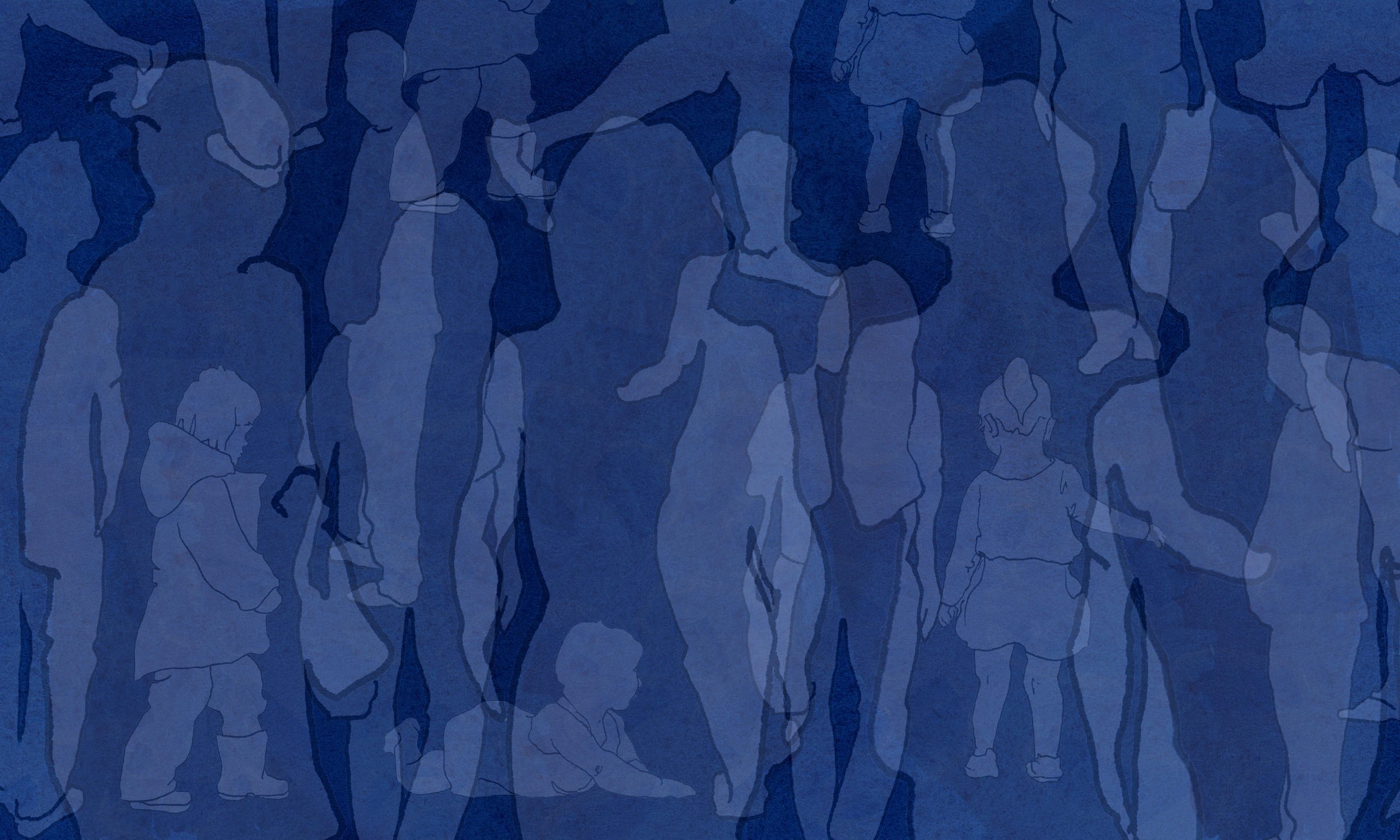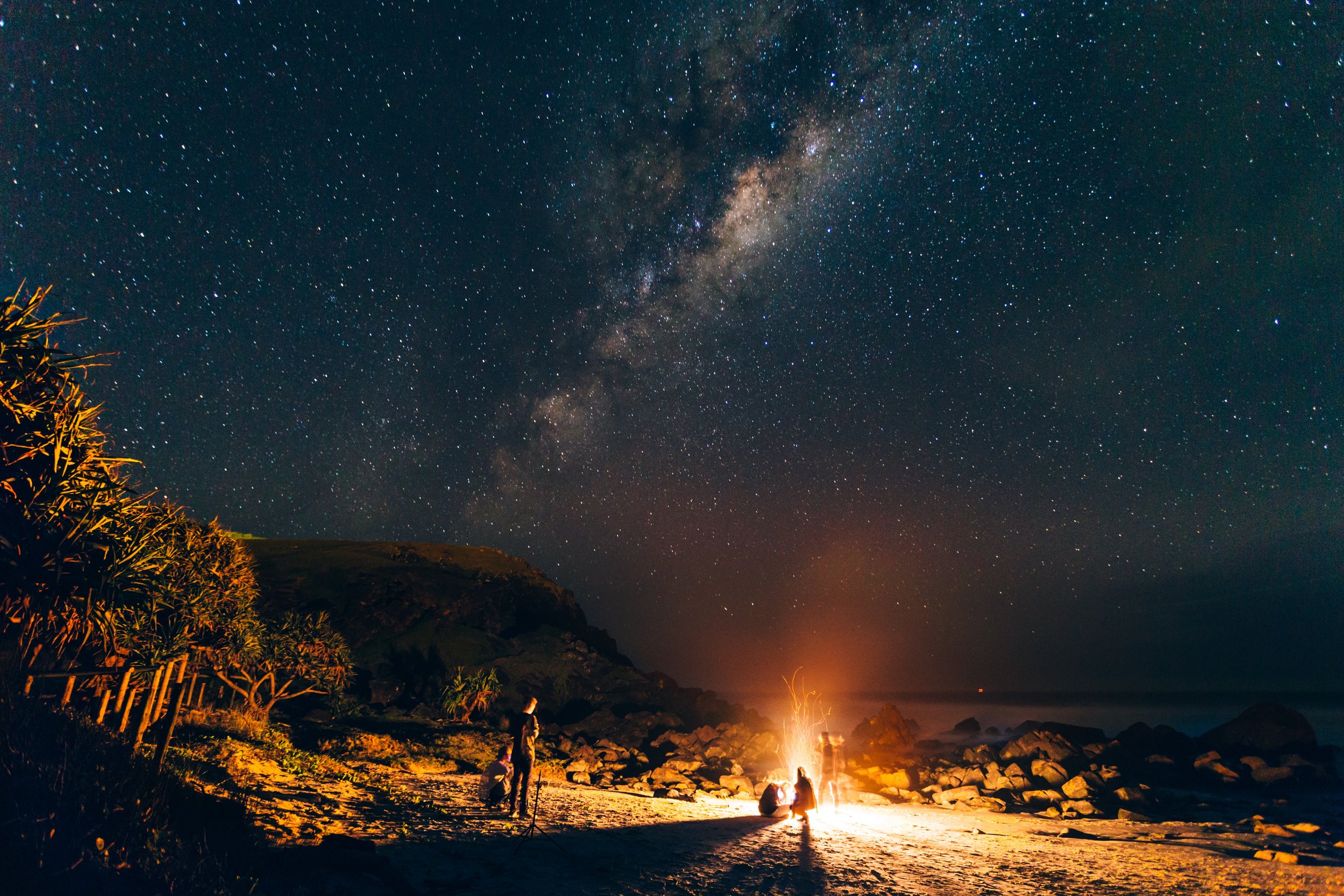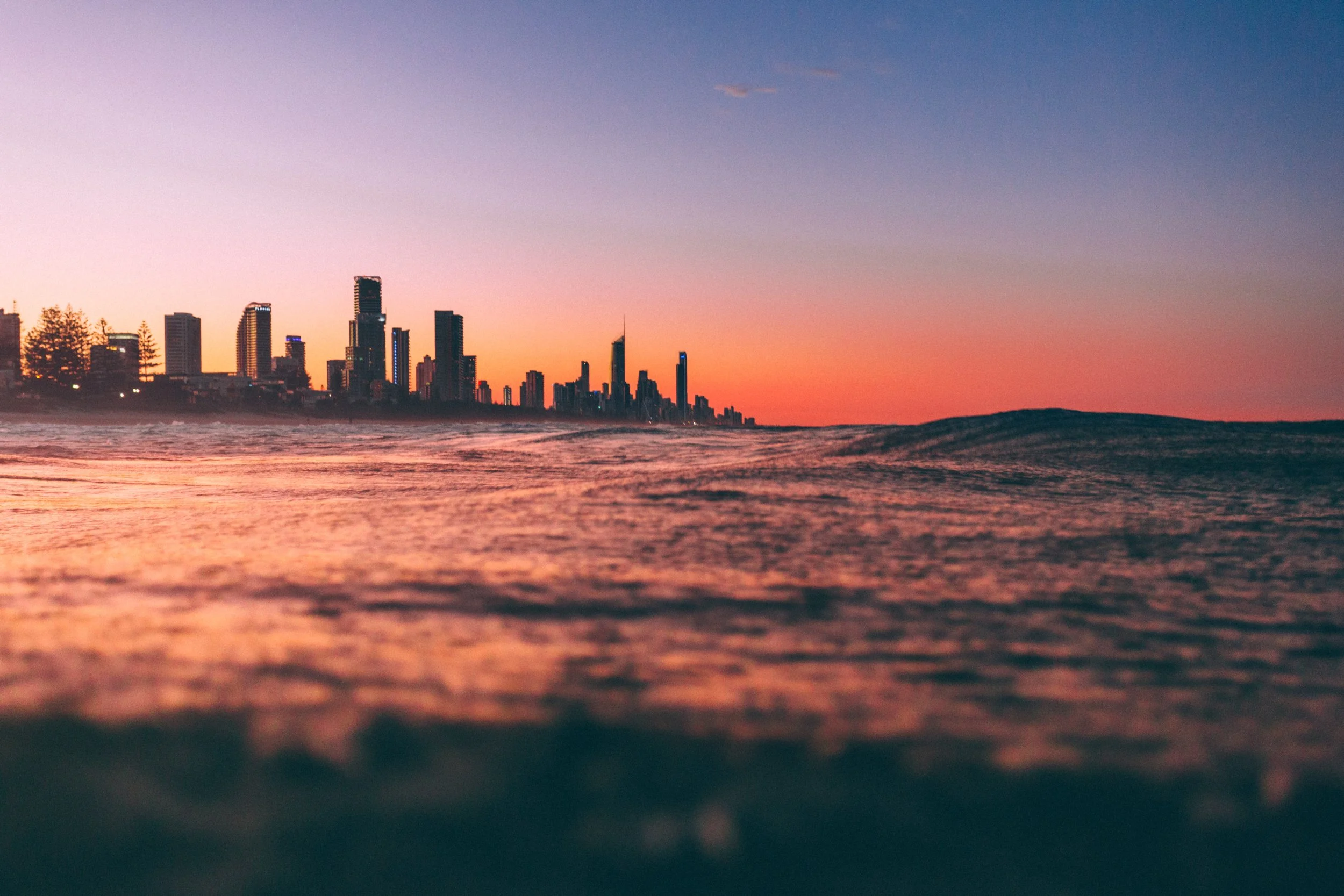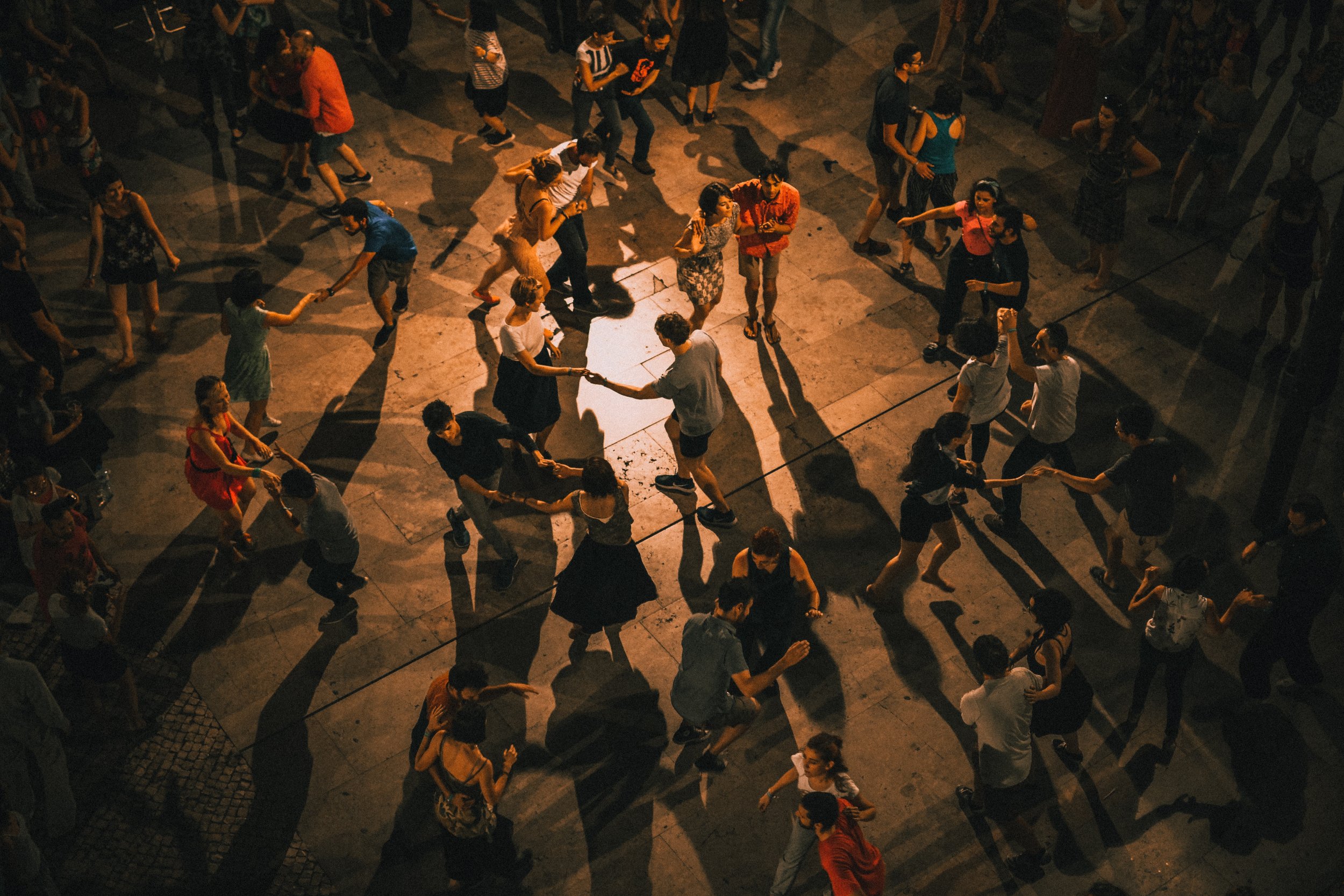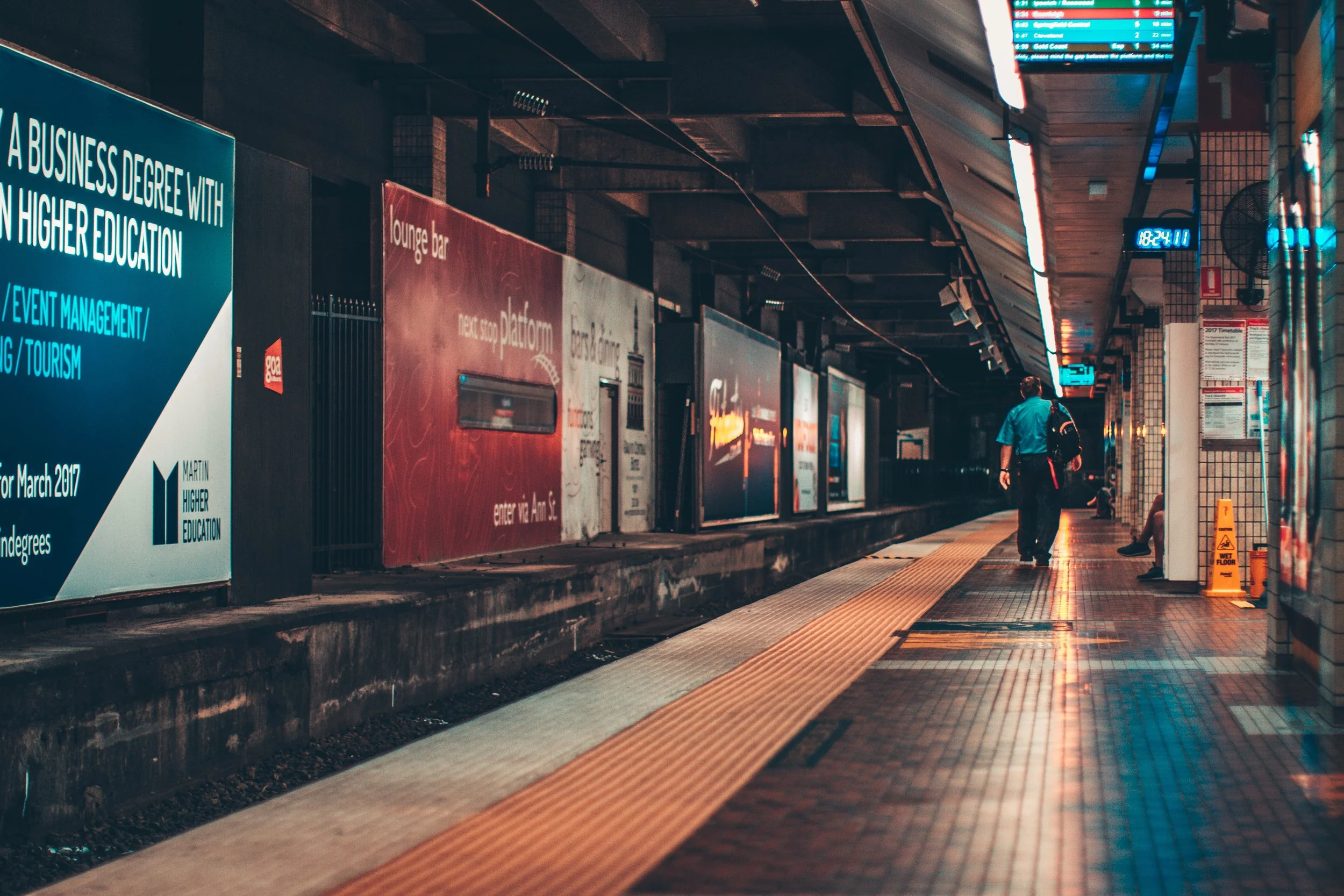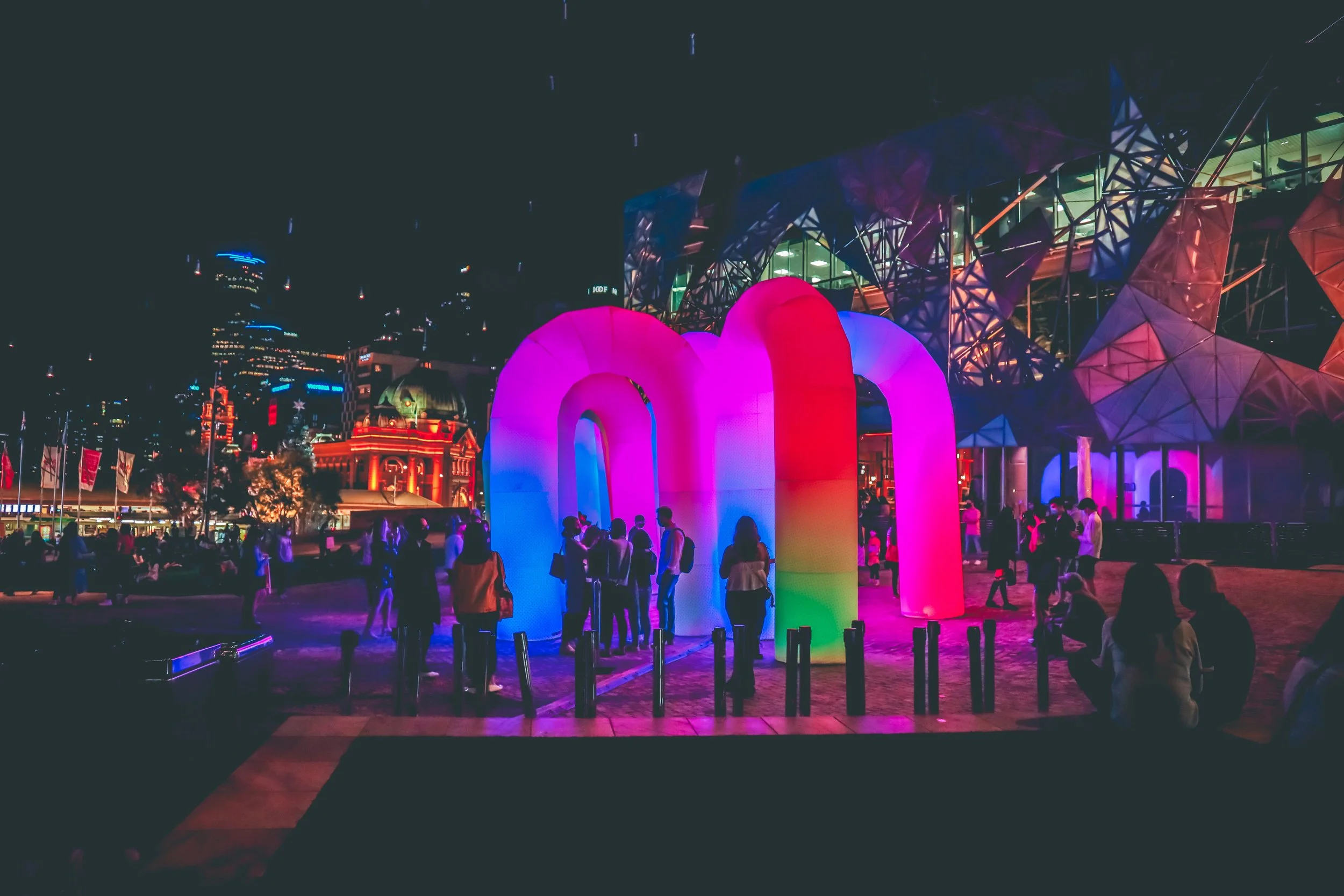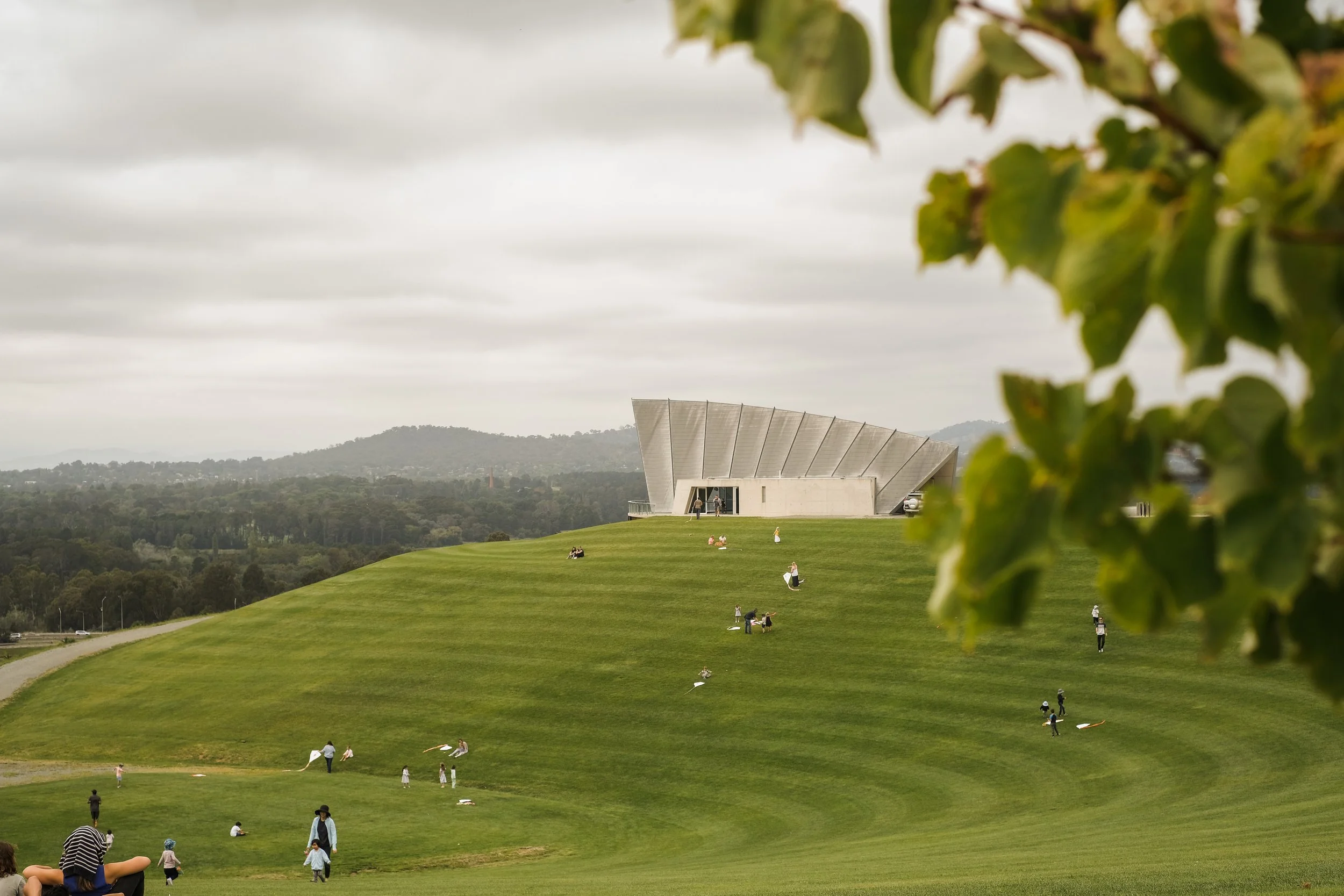Ten terrains of transformation
Image by Nathan Hurst (Unsplash)
What would it take to make the Vision for an Australia reMADE our new normal?
Image by Marc James (Unsplash)
That is: a country with a First Nations’ Heart, a natural world for now and the future, an economy for the people, a society where every contribution counts and all jobs have dignity, a diversity of people living side by side, within a country of flourishing communities, celebrating a new dawn for women, a thriving democracy and standing as a proud contributor to a just world?
Before the pandemic, under a Morrison Government, Australia reMADE convened a small gathering of experts from civil society, public service, academia, science, the arts and business — to have a crack at this very big question.
We wanted to bring together bright minds from different fields to discuss bold ideas for our time, away from the demands of day-to-day life, in a beautiful natural setting. We invited people to a three-day retreat; time for deep dives into connections and solutions.
We weren’t looking to get down into the weeds of potential policies or campaigns to run during those sessions, but to draw a kind of map. Where should we focus our attentions? What will it take to win back the country we are capable of becoming?
We were inspired, in a strange sort of way, by the Powell Memo — a corporate call to arms to ‘take America back’ written in 1971. In it, US tobacco industry executive and future Supreme Court Justice Lewis Powell outlined six key prongs of focus for the American enterprise system to mobilise behind to assert its power against a rising tide of Washington regulation. They were: converting university students, persuading the public, changing politics to be pro-business, building power in the courts, activating shareholders and pooling their resources to fund all of the above.
We asked ourselves, what does a ‘people and planet’ version of Powell’s list look like? To match that scale of ambition, where do we need to intervene?
Ten terrains of transformation, our answer to Powell
Below is what we came up with, which we offer now to others as a map, or at least the opening sketches of one. No single individual or organisation can arguably take on all ten, but ask whether the terrain is right, what’s been left off or should be, where you and your work fits.
1
Telling the story of us: who we are and the world we can have
We need a new common sense about the world we can have. This is a job for all of us: artists, journalists, social media users, leaders and organisations from all sectors of society. Neoliberalism’s biggest accomplishment has been convincing us that there is no alternative.
2
reMAKING capital for purpose
Let’s get clear about what an economy that serves people and planet actually looks like, and where upstream interventions can put money to work for good. There are plenty of ideas and solutions floating around, but we lack a shared analysis and proactive agenda around what reMAKING our economy requires.
3
Reclaiming what is best provided collectively
What kind of lives do we want people to have, and what infrastructure do we need to support those lives? Let’s reimagine for the 21st century what can best be provided collectively, for the common good rather than private profit. We’re not just talking about trains and power lines, but public spaces, infrastructure and services of all kinds.
4
Powering up First Nations leadership, sovereignty and self-determination
Aboriginal and other Australians together must resource and support First Nations Australians to be heard and empowered. From The Voice to a Treaty, to healing our relationship to Country, let us proudly assert our First Nations Heart. As the young people of the Imagination Declaration remind us: ‘we are not the problem, we are the solution’.
5
Organising for purpose at work
People want purpose at work, and we want to be part of positive change. There is huge scope for people in all kinds of jobs — as well as students, professional bodies and others — to birth new ways of organising at work, as well as new alliances to empower our industries to be part of positive change.
6
Organising for purpose inside our neighbourhoods
Our local communities are where power, place, people and purpose converge. The infrastructure we build in everyday moments of interaction and connection serves us in moments of crisis and recovery, as well as helping to prevent ill health and other harms. Let’s make local communities focal points for bringing democracy closer and so much more.
7
Organising for a different kind of politics
It’s time to transform politics from the inside, involving citizens in meaningful ways, in order to renew and strengthen a fit-for-purpose democracy. It also matters who makes decisions on our behalf. Investing in young people, women, people of colour and those of diverse backgrounds and life experiences to run for office at all levels, and backing them once they’re in, will help politicians to better represent those they serve.
8
Reclaiming key institutions
From media to monetary policy, universities to the civil society and the public service, we need our institutions to serve their highest and truest purpose. Renewal of our key institutions is critical to rebuilding faith and trust, so that as a society we can rise to the challenges and opportunities ahead. This is a sector-by-sector undertaking, to be led by and in partnership with leaders and stakeholders in each institution.
9
Harnessing technology for purpose
Technology is leaping ahead, and must be harnessed for public good, rather than private profit or control. Nowhere is it written that the internet or social media have to serve as hubs for hate and disinformation; or that surveillance capitalism is the only viable model for the information age. Humans are behind these technologies, including social media and AI. We need proactive democratic government regulation with clear principles to drive technology, rather than letting it drive us.
10
Organising around moments
Those who want and work for a fair and flourishing world must increase our capacity to convene better around ‘moments’, from spikes in the media cycle to deeper ruptures in the landscape of business as usual. No one has the monopoly on turning crisis into opportunity. We need to get better at leveraging disruptions to business as usual into moments of lasting positive transformation.
So that’s the high-level map we developed, pre-covid. In the several short-but-long-years since we held this retreat, we’re pleased to see it still holds up.
There have been some incredible strides forward across many terrains identified — from communities bringing democracy closer and changing how politics is done, to momentum behind the referendum for Voice to Parliament. We’ve seen more attention paid to values-based capitalism, wellbeing budgets and blueprints to regulate Big Tech and AI from governments at home and abroad, as well as heavyweight critiques of shareholder primacy capitalism. Even our capacity to organise around moments has improved in Australia, thanks to efforts by a number of organisations.
Here at Australia reMADE, we’ve been working explicitly in several terrains since we held this gathering, including:
Telling the story of who we can be and what we can have —see our blogs, articles and podcasts (terrain #1);
Diving more deeply into reMAKING economics, in both our podcast and development of a course later this year (terrain #2);
Researching and developing a framework to centre care inside local communities’ preparation for, and response to, disaster (terrain #6);
Building on our research and work for the public good (terrain #3), partnering with public servants and others to help reclaim of the institution of public service (terrain #8).
Looking back
We couldn’t be more different in our aims, but we believe there’s a lot we can learn and apply from the Powell memo and the philosophy behind it. The audacity of the vision, the length of time its champions have dedicated to realising it, the think tanks and other networks they’ve formed, the sheer energy and resources they’ve marshalled into communicating and selling their ideas… it’s all quite staggering.
It helps explain the lasting influence of an ideology — let’s call it neoliberalism — that talks a big game but is based on a flawed view of human nature, and which consistently fails to deliver on its trickle-down promises.
The Powell memo is a compelling proof point that neoliberalism didn’t just happen; it wasn’t natural, superior or inevitable. Its various streams of thought were developed over many decades, by a range of sincere thinkers (Friedrich Hayek) as well as more opportunistic actors (eg, the Chicago School). But crucially, they not only dreamed up new ideas, but organised them into influence and power with the major backing of business. They took a multi-pronged, multi-year approach to win hearts, minds and institutions.
Today we’re afraid to expect too much from our Labor government in Australia, because the memory of outright defeat is so fresh. They have to get re-elected. If they go too far they’ll be pilloried in the Murdoch press, roasted by the Opposition and accused of being too radical. But leaders like Margaret Thatcher and Ronald Regan didn’t wait for the opposition to get nicer or for their ideas to become popular; they reframed the debate and made popular what they believed needed to be done.
How?
It helped tremendously to have the funding of big business fueling them, but in general it’s fair to say that audacity is a quality far more exemplified by the Right since the time of Powell’s memo.
They’ve been bold, where we’ve been timid. They’ve defined the debate, where we’ve responded and rebutted. They’ve invited people in, where we’ve scolded them for not already being informed and enlightened enough.
Now the crises are piling up, people have had enough and our peaceful survival depends on turning the ship in a new direction. In another fifty years, we’d love students of history to be asking, ‘how did they do it?’.
How did people realign our economy to support regeneration over extraction, cooperation over competition, altruism over greed and the advancement of people and planet over mere economic growth? How did they renew democracy and faith in our institutions? How did they transform systems of power that privileged some and excluded and exploited others? How did they breathe new life into societies and democracies based on rights with responsibilities, and on valuing both the ‘healthy me’ and the ‘healthy we’? How did they build an active peace?
It’s hard to think 50 years ahead, so let’s bring it back a bit…
Perhaps in ten years, we’ll be remarking that wellbeing budgets are the new common sense, GPI has replaced GDP, and promoting the public good is widely understood to be our government’s core purpose.
Perhaps in seven years, we will be celebrating the shift from short-term shareholder profits to long-term stakeholder wellbeing as the accepted and even legislated KPIs of business…to the stunned enthusiasm of those who thought capitalism was irretrievably broken.
Perhaps in five years, we will be noticing that community-owned renewable energy is unremarkable, as are growing numbers of women in positions of power at all levels of society.
Perhaps in three years, we’ll be enshrining legislation that requires a full vote of Parliament before we commit our troops to war abroad.
Perhaps in just one year, we will be reflecting on the success of the Voice to Parliament Referendum as a turning point in Indigenous relations and empowerment. And that initially timid attempts to bring a wellbeing framework into the federal budget grew more confident, catalysing a national conversation around what really matters.
The problem, as journalist Amanda Ripley writes, is that “cynicism feels protective, even when it’s not”. Solutions require their own focus and muscle, which is why Australia reMADE exists.
Towards the end of Trump’s first term, Naomi Klein and The Intercept worked with Alexandria Ocasio-Cortez to make a video telling the story of what pulling off a Green New Deal would actually look like. No one even knew at the time if Biden could win. While most of us were fixated on avoiding the worst case scenario, someone also took the time to paint a picture of the best-possible near future. It felt like a ray of hope, and still does… an alternative story in uncertain times.
Thank you to the people who work together, finding their place on the map of transformation. Thank you to the people who do the slow and unsexy work of underlying structural reforms that make every other fight easier, or even redundant. Thank you to the people who fund the work they believe in, including ours.
A different world is not optional, but a better world is entirely possible. Together, we’ll make it happen. And they’ll ask, ‘how did they do it?’.
LILIAN SPENCER
Lilian Spencer is the Co-Director of Australia reMADE. She believes that the secret to change is to, ‘focus your energy not on fighting the old, but on building the new.’
Selected Other blogs by LILY:
If a tree falls in your front yard, who comes to clean it up?
What is our why? Reclaiming our sense of purpose as a country


